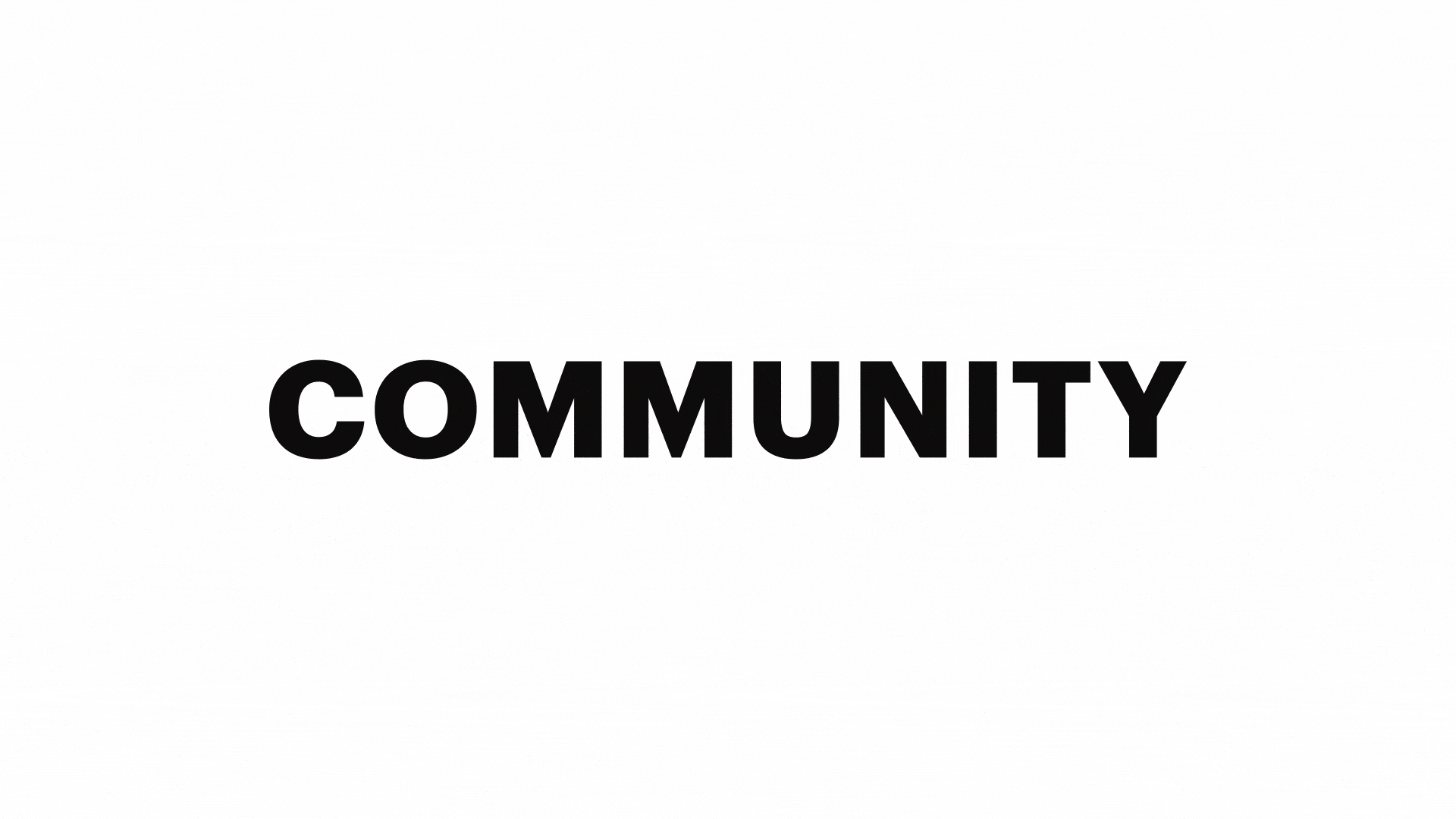CAREERS
The U and I in Community
July 9, 2020
CAREERS
July 9, 2020

Vocal. Visible. Vigilant.
The U and I in Community
In honour of our history and in recognition of our present, we are thinking about how we can be better, more inclusive, allies.
We’re turning our gaze inward to question how those of us who identify as part of the LGBTQ+ community can better support each other. And we’re asking those who support the community as allies to stand with us. Because being vigilant about using our voices make us all stronger.
That’s why, this Pride, we’ve added a few colours to the rainbow. Inspired by the Progress Pride Flag designed by Daniel Quasar, we seek to more deeply unite our entire community. A little bit of history: Quasar says he built on a design first seen in the US city of Philadelphia in June 2017 which featured black and brown stripes added to the top of the Rainbow Flag to represent LGBTQ+ communities of colour.
In 2018, Quasar added a five-colour chevron to emphasise "inclusion and progression.” His design includes black and brown stripes to represent marginalised LGBTQ+ communities of colour, along with pink, light blue and white, which are used on the Transgender Pride Flag.


“Progress” Pride Flag designed by Daniel Quasar, 2018
Globally, Accenture is widely recognised and honoured as a workplace committed to diversity and inclusion. This year’s company-wide commitment to going Further Together celebrates the LGBTQ+ community marching alongside Black communities around the world during Pride month. But we need to remember, that many of us are members of both communities. That those identities aren’t separate. We need to listen and learn from each other so we can advocate for each other, recognising that our experiences as LGBTQ+ people may be incredibly different.
Inside of the LGBTQ+ community, in addition to racial identity, a transgender person will face different issues than a gay man. A bisexual woman will have a unique lived experience, as will a non-binary person. Here are some ways to be a more informed, effective ally.
What: Be Vocal
Why: It’s easier to be out and proud with a community standing behind us!
How: Educate yourself about LGBTQ+ history, learn LGBTQ+ terminology and call people out, if you feel safe to do so. This means, if you hear someone misgender someone, make a gay joke or perpetuate a stereotype, call it out.
What: Self-Identify
Why: One great reason to self-identity, especially if you think your name and outward appearance obviously matches your identity, is to show solidarity for those for whom that isn’t the case. Normalising the display of pronouns makes it easier for everyone to do the same.
How: Consider adding your pronouns to your email signature, LinkedIn profile or other public forums in which you’re asked to identify. If you are filling out a job application and asked about your sexuality answer honestly if you feel comfortable. More and more, companies are committed to diversity and inclusion and knowing your identity helps them create better work environments for the community.
Learn more about who is—and isn’t—out at work around the world. Our recent Getting to Equal: 2020 Pride Edition is an eye-opening look about how far we have come and how far we have to go.


Accenture Joins Pride in Ireland
What: Learn About Intersectionality
Why: We touched on this before when talking about the variety of lived experiences that individuals under the LGBTQ+umbrella might have. Kimberlé Williams Crenshaw coined the term to recognize that individuals can face multiple and intersecting forms of structural discrimination—Black and trans. Immigrant and lesbian.
How: The Opportunity Agenda has 10 tips for turning recognition of intersectionality into practice.
What: Stand Together
Why: See: Intersectionality! Some in the Black trans community have felt on the outside of both the BLM movement and Pride. Marsha P. Johnson was an activist and self-identified drag queen, performer and survivor. When she was just 23 years old, she was a key player in the start of the Stonewall uprising. Until recently, however, she wasn’t a central figure in the public story. Understanding history is important to shaping an inclusive future.
How: Boost your knowledge by reading personal stories about Black trans lives. Consider donating to Black Pride UK—the celebration may not be happening this year, but the organisation promotes and advocates for the spiritual, emotional, and intellectual health and wellbeing LGBTQ+ people of African, Asian, Caribbean, Middle Eastern and Latin American descent all year, every year. Support minority-owned businesses—Shop Black UK has a searchable database with everything from fashion to mental health services. And, again, speak up against injustice when you see it.
The change to the colours on our Community graphic is symbolic. But it’s up to all of us within the community and as allies, to make sure it’s not only symbolic. After the virtual parades, as protests and uncomfortable conversations continue, we can be vocal, visible, vigilant allies—no matter how we personally identify.
Read how we are creating positive impact in the UK for our people, our communities and our planet.
Copyright © 2023 Accenture. All rights reserved
This document makes descriptive reference to trademarks that may be owned by others. The use of such trademarks herein is not an assertion of ownership of such trademarks by Accenture and is not intended to represent or imply the existence of an association between Accenture and the lawful owners of such trademarks.